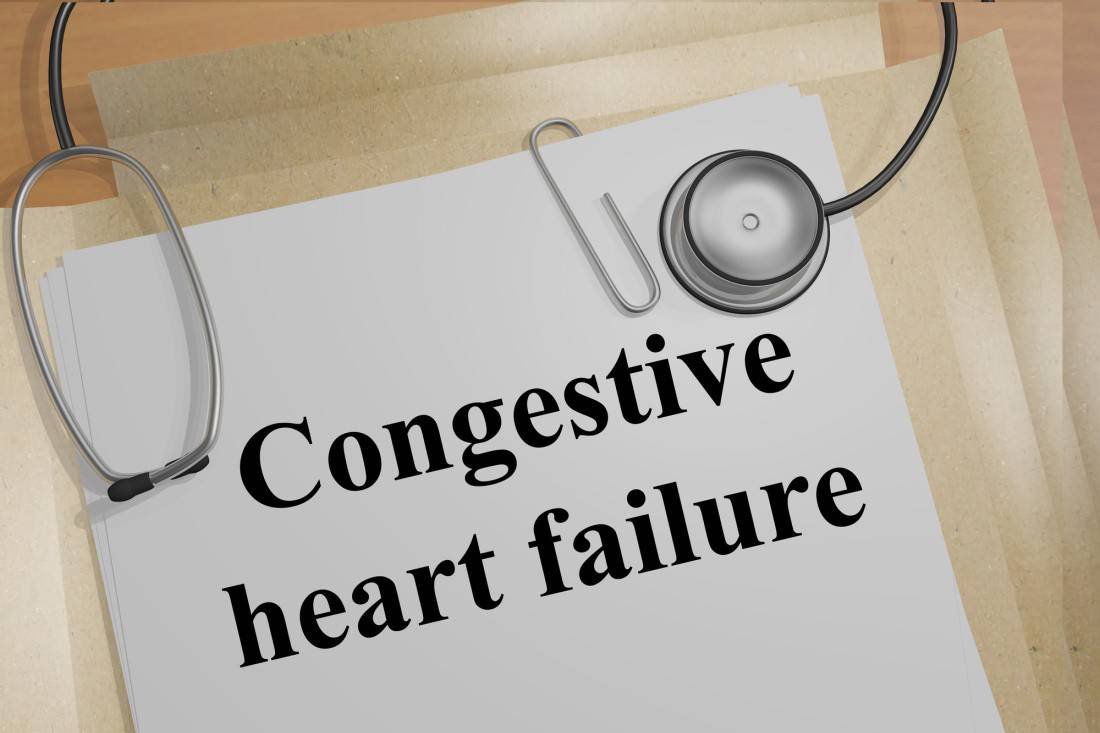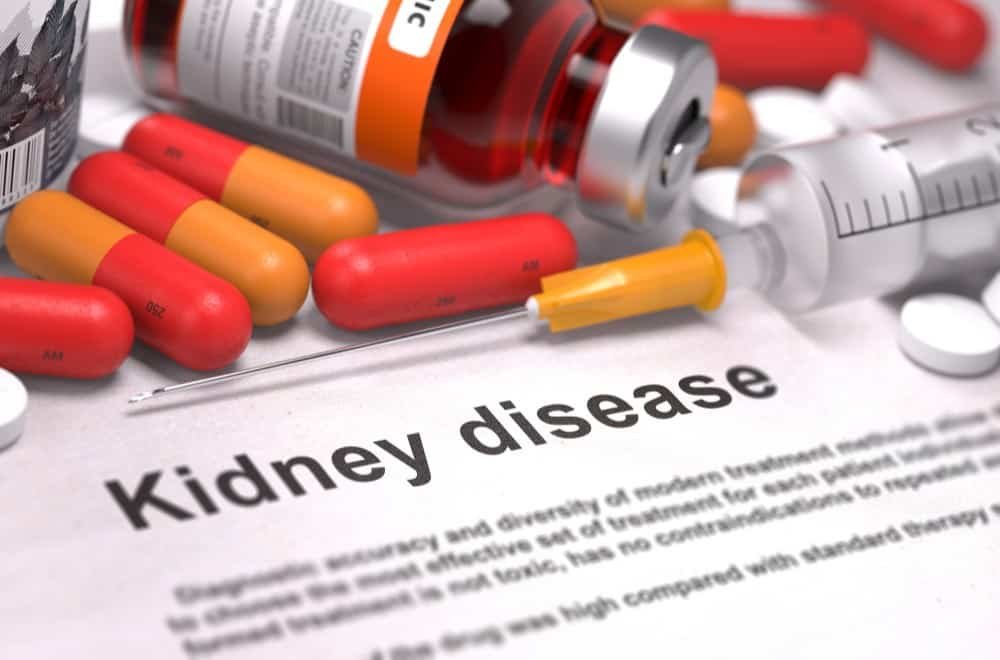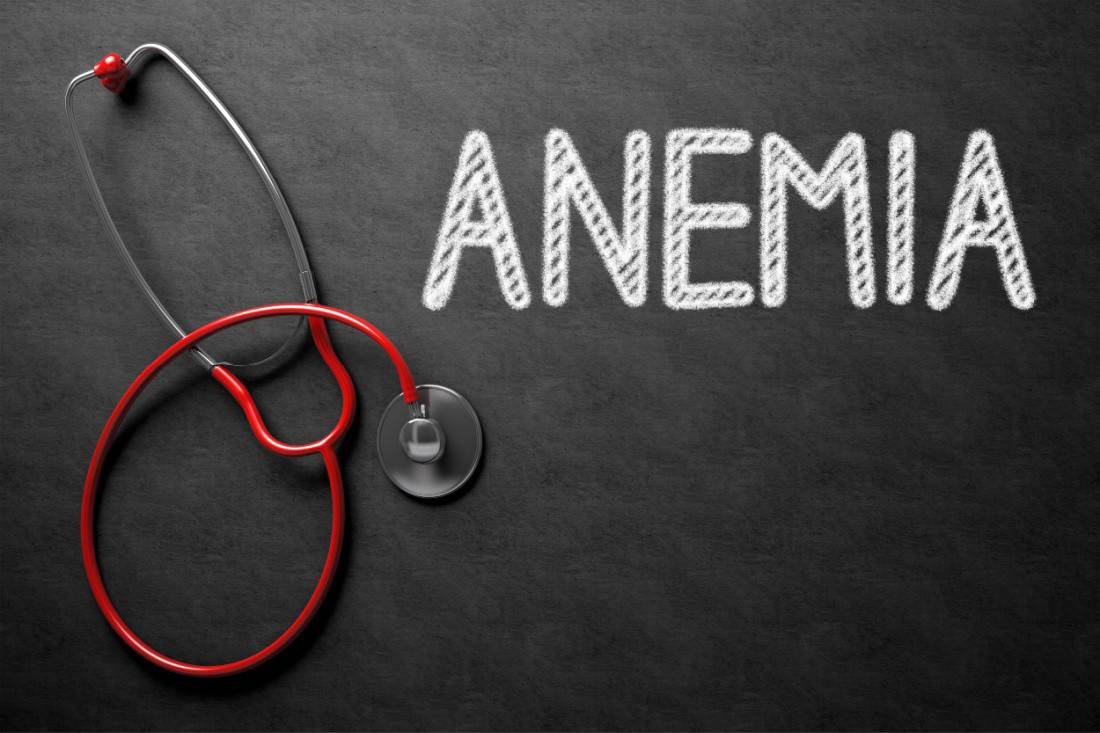What Is Thyroid Disease: (Causes, Symptoms)
Anyone who has ever suffered from thyroid disease knows just how debilitating it can be. Thyroid conditions are among the most common diseases, and yet so many people don’t understand them.
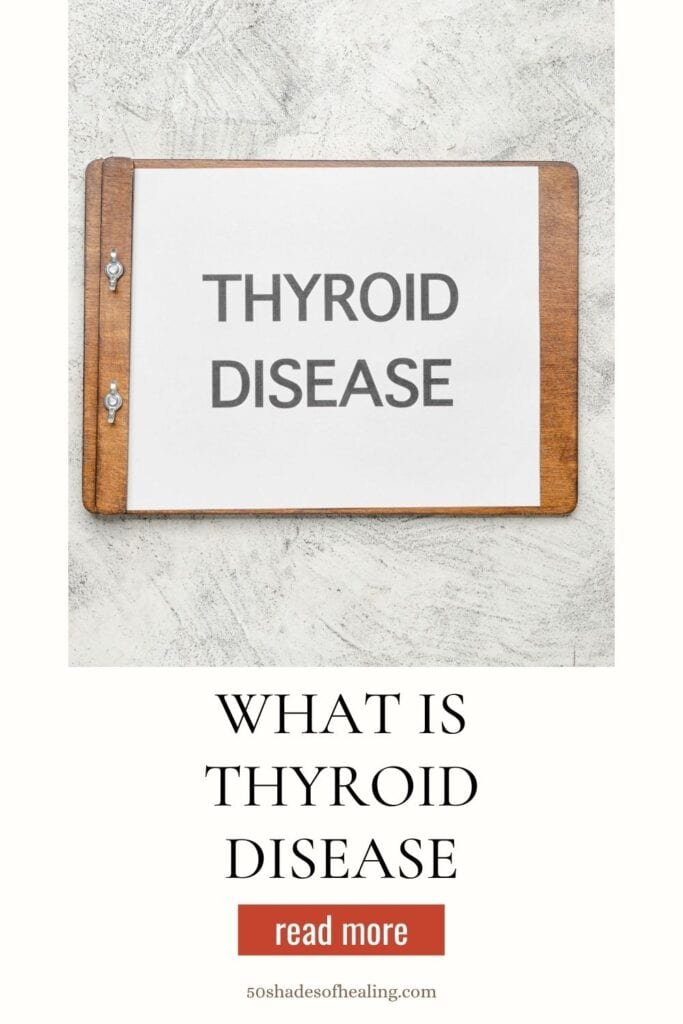
This blog post will provide an overview of thyroid disease, including its causes and symptoms.
It is important to know about thyroid disease so that you can get the proper diagnosis and treatment if you suffer from it.
Keep reading for more information!
What is Thyroid?
The thyroid gland is a tiny organ that wraps around the windpipe in the front of the neck (trachea). It’s in the shape of a butterfly, smaller in the middle with two large wings that wrap over the side of your neck.
The thyroid gland is a type of gland. Throughout your body, glands produce and release substances that assist your body in performing certain tasks.
Your thyroid produces hormones that aid in the regulation of many bodily systems.
When your thyroid isn’t functioning properly, it can have a negative impact on your entire body.
Hyperthyroidism is a condition that occurs when your body produces too much thyroid hormone.
Hypothyroidism occurs when your body produces too little thyroid hormone. Both of these illnesses are dangerous and should be handled by a medical professional.
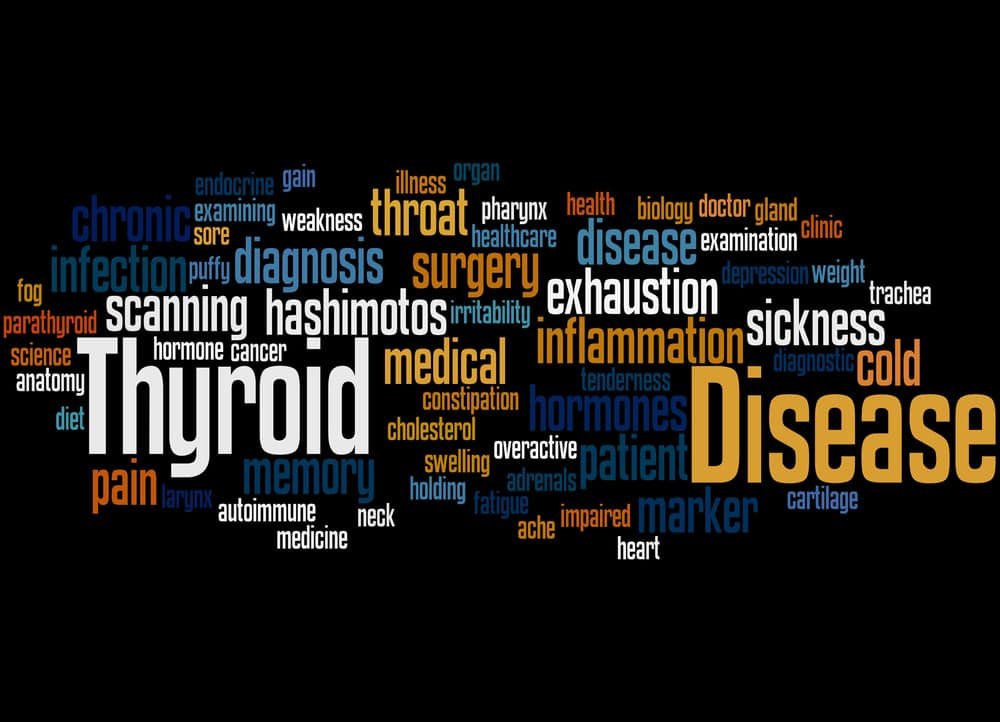
What is the function of the thyroid gland?
Your thyroid plays a critical role in your body, generating and regulating thyroid hormones that regulate metabolism.
Metabolism is the process by which the food you eat is converted into energy.
This energy is used all over your body to keep many of your body’s systems functioning properly.
Consider your metabolism to be a generator. It absorbs raw energy and transforms it into something more powerful.
T4 (thyroxine, which includes four iodide atoms) and T3 (thyroxine, which contains three iodide atoms) are two hormones that regulate your metabolism (triiodothyronine, contains three iodide atoms).
The thyroid produces these two hormones, which tell the body’s cells how much energy to use.
Subscribe to My Email! Self-care is so important, but it can be hard to know where to start. That’s why I created a self-care journal, to help you make small, everyday changes that will have a big impact on your life. And when you subscribe to my email list, you’ll get the journal for free! Plus, you’ll receive great emails packed with wonderful information and free printables. You won’t want to miss out on this valuable content. Click this button and sign up now!
When your thyroid is functioning properly, it will produce the appropriate amount of hormones to keep your metabolism running smoothly.
The thyroid produces replacement hormones as the originals are depleted.
The pituitary gland is in charge of overseeing all of this.
The pituitary gland, which is located beneath your brain in the center of your skull, monitors and controls the number of thyroid hormones in your bloodstream.
When the pituitary gland detects a deficiency in thyroid hormones or an excess of hormones in the body, it adjusts the quantities with its own hormone.
Thyroid-stimulating hormone is the name of this hormone (TSH).
The TSH will be given to the thyroid, which will tell it what has to be done to restore normalcy to the body.

What is Thyroid Disease and how does it affect you?
Thyroid disease is a broad term for a medical problem in which your thyroid fails to produce enough hormones.
Normally, your thyroid produces hormones that keep your body running smoothly.
Your body uses energy too quickly when the thyroid produces too much thyroid hormone.
Hyperthyroidism is the medical term for this condition.
Using energy too quickly might cause your heart to race, lead you to lose weight without trying, and even make you nervous.
On the other hand, your thyroid gland may produce insufficient thyroid hormone. Hypothyroidism is the medical term for this condition.
When you have insufficient thyroid hormone in your body, you may feel weary, gain weight, and even be unable to endure cold temperatures.
A variety of circumstances can cause these two major diseases.
They can also be passed on from generation to generation (inherited).

Causes
Hypothyroidism and hyperthyroidism are the two most common kinds of thyroid illnesses.
Other disorders that affect the thyroid gland’s function can induce both problems.
Hypothyroidism can be caused by a variety of factors, including:
- Thyroiditis is a disorder in which the thyroid gland becomes inflamed (swells). Thyroiditis might cause your thyroid to generate fewer hormones.
- Thyroiditis caused by Hashimoto’s: Hashimoto’s thyroiditis is a painless autoimmune disease in which the body’s cells assault and damage the thyroid gland. This is a condition that is passed down through the generations.
- Postpartum thyroiditis is a disorder that affects 5% to 9% of women after they give birth. It’s usually only a short-term problem.
- Iodine deficiency: The thyroid uses iodine to make hormones. Iodine deficiency is a problem that affects millions of people all over the world.
- Thyroid gland dysfunction: The thyroid gland does not always function properly from birth. About 1 in every 4,000 births is affected. If the child is not treated, he or she may develop physical and mental problems in the future. Thyroid function is checked in all babies with a screening blood test in the hospital.

Hyperthyroidism can be caused by a variety of factors, including:
- Graves’ disease: The thyroid gland as a whole may be overactive and release too much hormone in this disorder. This condition is also known as diffuse toxic goiter (enlarged thyroid gland).
- Nodules: Hyperthyroidism can be induced by thyroid nodules that are hyperactive. A toxic autonomously functioning thyroid nodule is a single nodule, while a toxic multinodular goiter is a gland with multiple nodules.
- Thyroiditis is a condition that can be painful or not at all. Thyroiditis causes the thyroid gland to release hormones that have been stored there. This could last a few weeks or even months.
- Excess iodine: When your body has too much iodine (the mineral used to manufacture thyroid hormones), the thyroid produces more thyroid hormones than it requires. Some drugs (such as amiodarone, a cardiac medication) and cough syrups contain too much iodine.

What are some of the most prevalent symptoms of thyroid disease?
If you have thyroid illness, you may suffer a wide range of symptoms.
Unfortunately, the symptoms of a thyroid issue are frequently confused with those of other medical disorders and life stages.
This can make determining whether your symptoms are caused by a thyroid problem or anything else more challenging.
Thyroid disease symptoms can be split into two groups: those caused by too much thyroid hormone (hyperthyroidism) and those caused by too little thyroid hormone (hypothyroidism).
Symptoms of hyperthyroidism (an overactive thyroid) include:
- Anxiety, impatience, and nervousness are present
- Having difficulty sleeping
- Weight lose
- Having a goiter or an enlarged thyroid gland
- Having tremors and physical weakness
- Have irregular menstrual periods or complete cessation of your menstrual cycle
- Feeling sensitive to heat
- Experiencing visual issues or inflammation in the eyes
Symptoms of hypothyroidism (underactive thyroid) include:
- Fatigue
- Gaining weight
- Experiencing forgetfulness
- Having heavy and frequent menstrual cycles
- Hair that is dry and coarse
- The condition of having a raspy voice
- Cold intolerance is a condition in which a person is unable to tolerate cold temperatures

What is the treatment for hyperthyroidism?
Your doctor’s treatment options will be determined by your symptoms as well as the cause of your hyperthyroidism. The following are some of the treatments:
- Medicine
Antithyroid drugs prevent your thyroid from producing thyroid hormones. These medications do not harm the thyroid in the long run.
Thyroid hormone’s effects on your body are blocked by beta-blockers.
These medications can help you lower your heart rate and address other symptoms while you wait for one of the other treatments to take action.
Beta-blockers have no effect on the number of thyroid hormones produced.
- Radioiodine. The thyroid cells that produce thyroid hormones are killed by this procedure. This frequently results in hypothyroidism that is permanent.
- Surgery. Thyroid surgery involves the removal of most or all of the thyroid gland. This could result in hypothyroidism that is permanent.
The thyroid is a small, butterfly-shaped gland in the neck that plays a major role in regulating the body’s metabolism.
When it doesn’t produce enough thyroid hormone, a condition known as hypothyroidism, many systems in the body can be affected, leading to symptoms such as fatigue, weight gain, hair loss, and depression.
While there is no one magic cure for all cases of thyroid disease, there are treatments available that can help you manage your symptoms and feel better.
If you think you might have a thyroid problem, don’t hesitate to talk to your doctor.
With proper treatment, most people with thyroid disease can lead healthy and productive lives.

